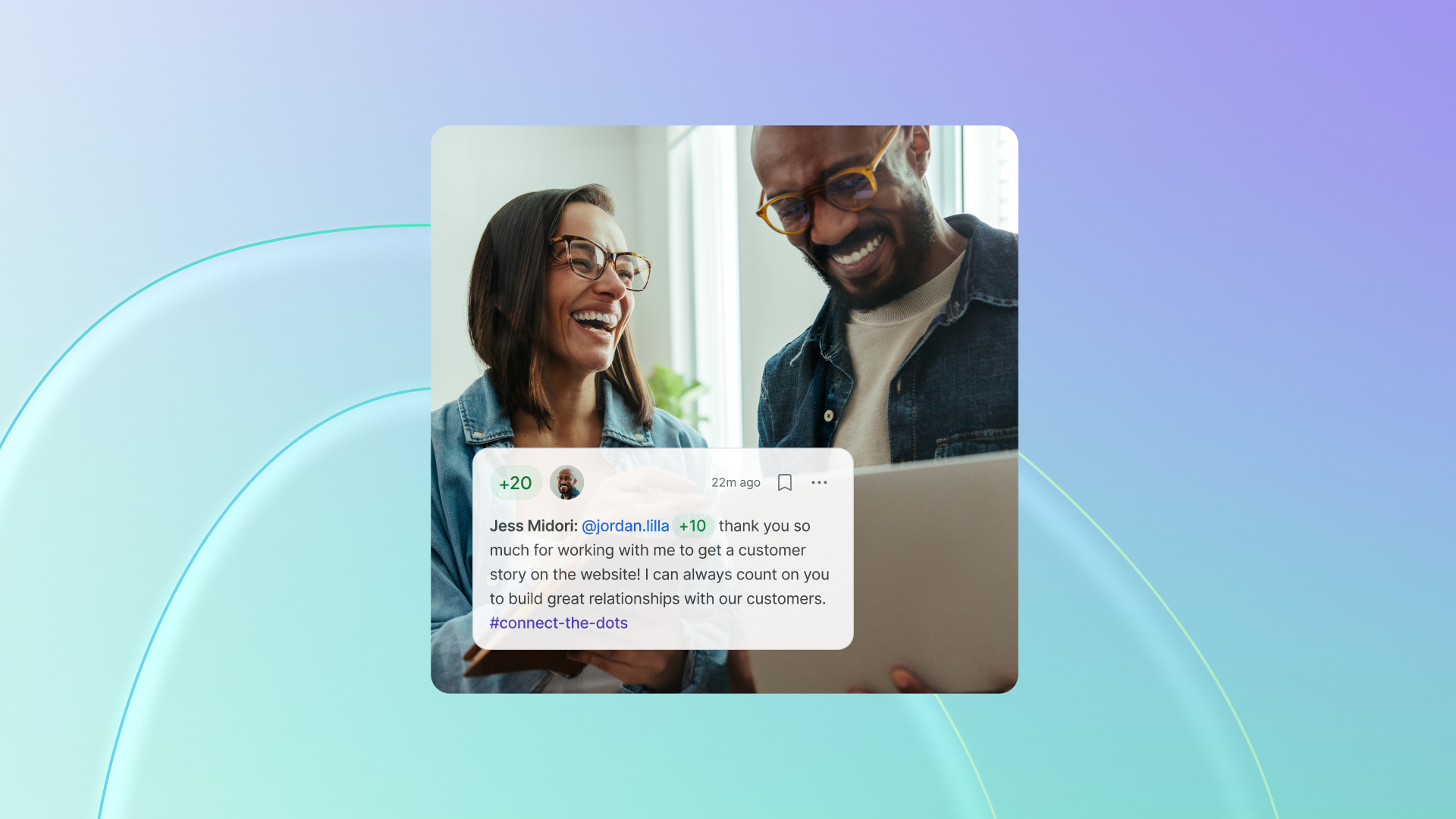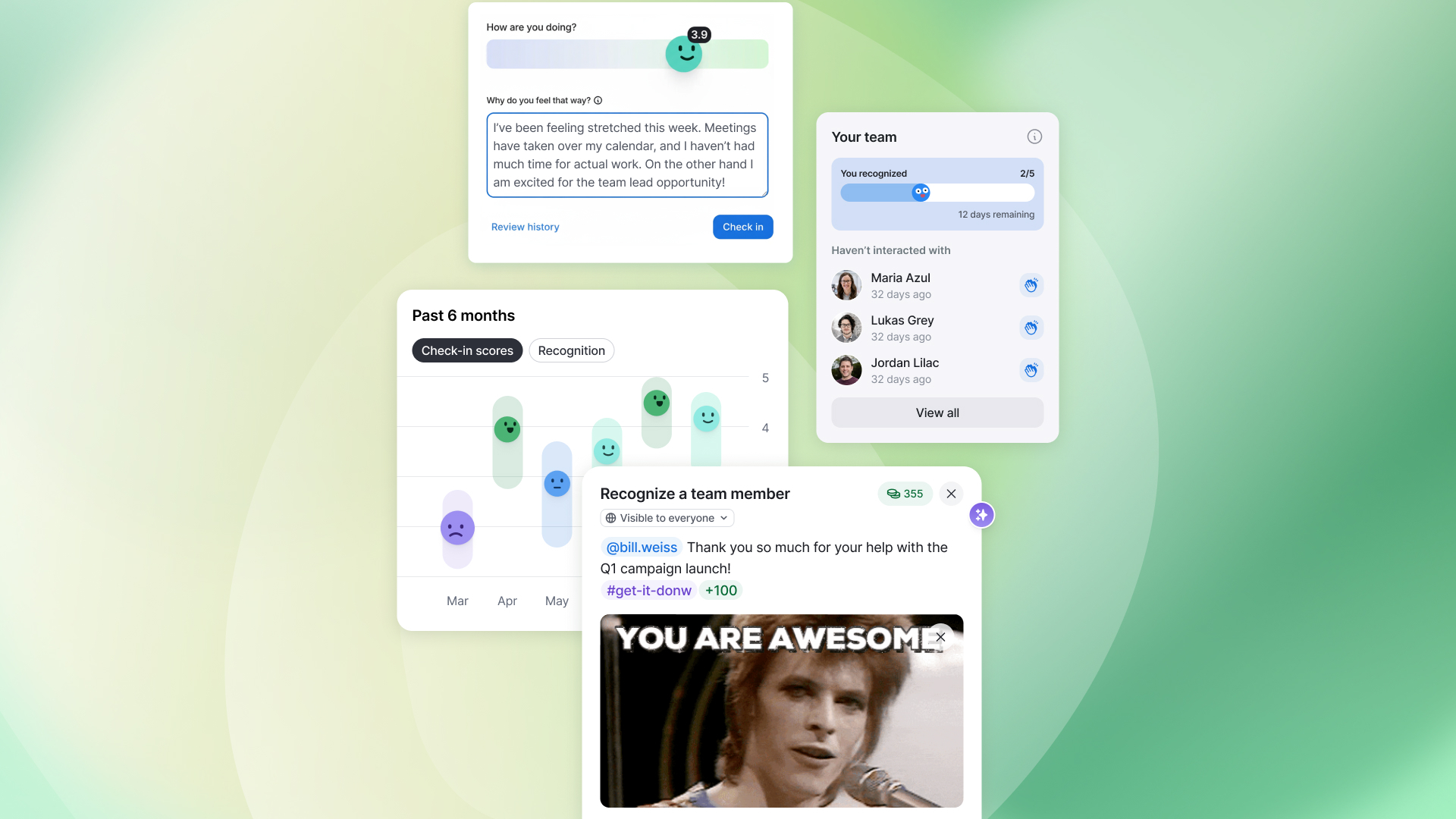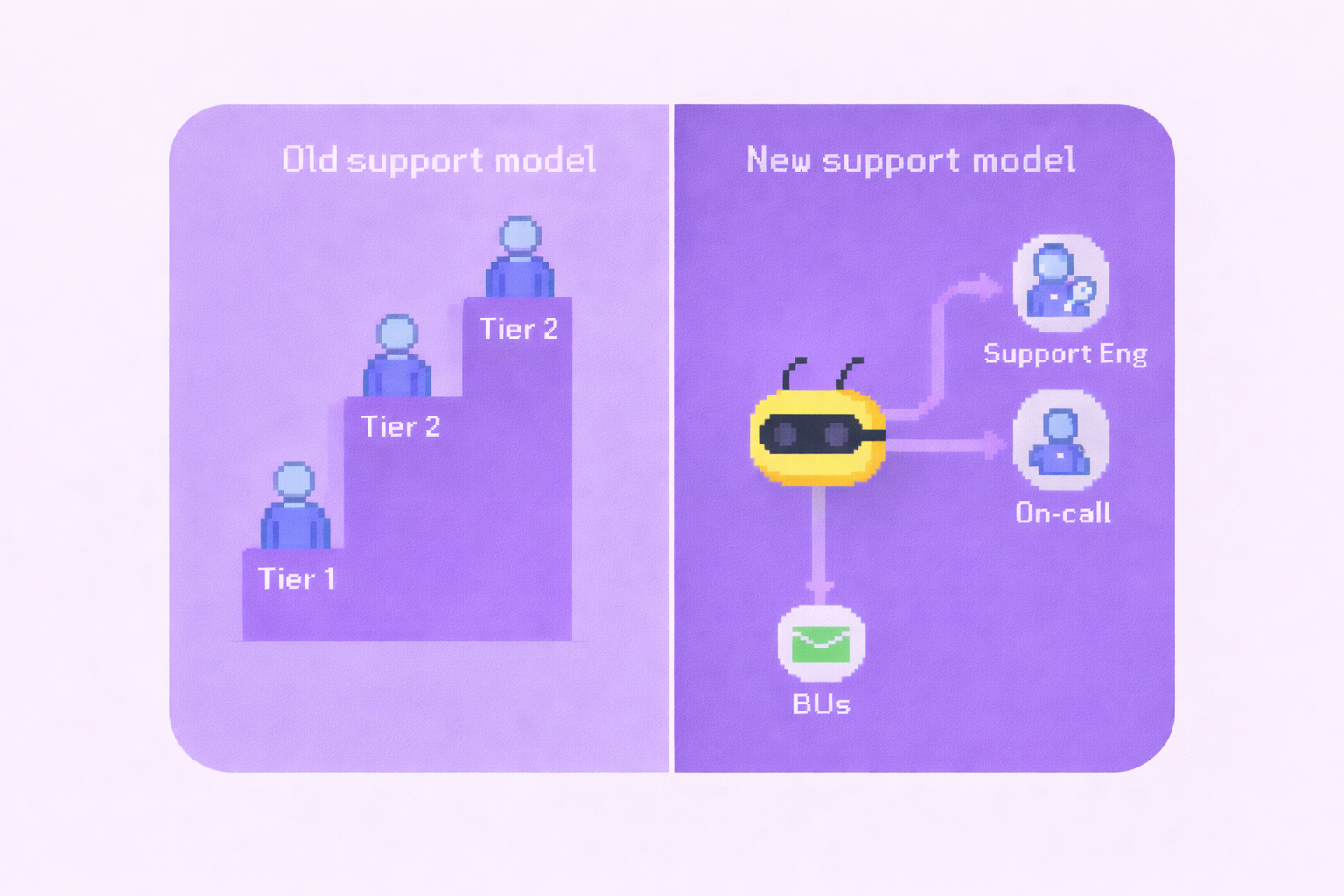Why Public Relations Is the Most Critical HR Competency

Have you ever read a company-wide, game-changing email and thought, “Why was this sent out now?”
Yup. 👋 Timing is everything.
When it comes to HR, public relations is actually one of the most important skills to master. Here’s why.
Public relations and employee relations require the same skills
If you have any doubt about the similarities between PR and HR, just take a look at typical HR Manager and PR Manager job advertisements. You will see that effective human resources managers and public relations managers share many traits and have very similar job duties.

Necessary traits for both roles include:
- being likeable and approachable
- being excellent writers, listeners, and communicators
Job duties most often shared by PR and HR professionals include:
- handling information requests,
- disseminating important information to appropriate audiences
- planning events
- scheduling interviews
- presenting ideas and strategies to leadership
Even the Society for Human Resources Management (SHRM) emphasizes the importance of communication, relationship management, and consultation in their competency models for their HR certifications.
Additionally, HR Certification Institute (HRCI) describes how HR professionals effectively manage people’s perceptions by being “credible activists.” Much like PR professionals, credible activists are expected to:
- frame complex ideas in simple and useful ways
- demonstrate personal integrity and ethics
- earn trust with key internal and external stakeholders
- show a genuine interest in other
- act with an appropriate balance of humility and confidence
- persist through adverse circumstances
- have a history of delivering results
Many well-known employers, such as Boeing Defense, Space and Security and SunTrust Banks, have already made the connection, and include these behavioral competencies and skills in HR job descriptions.
So, how exactly does HR put these skills into action?

HR maximizes the employee experience by managing the company’s image
The employee experience is largely informed by an employees’ perception of the company and how they fit into the company’s vision, mission and goals. That perception must be managed effectively throughout team members’ employment lifecycles to ensure the best employment experience and related business outcomes.
“Human resources is at the center of attracting and retaining talent, communicating internally to all members of any successful organization regarding policies and programs, as well as training, planning events and a host of additional responsibilities.”
–Roger Roeser,
He points out that, in some small businesses, HR doubles as the PR department – something many people don't know when they're learning how to become an HR manager.
Professionals trained in traditional HR can effectively manage their company’s brand by effectively managing perception. This is achieved through careful planning and delicate handling of multifaceted, sometimes political situations that involve multiple stakeholders. Diplomacy, tact, inclusion, and positive energy are needed from the recruiting processes all the way through to an employee’s last day.

How HR impacts candidate and employee perception
Employees decide whether they can really fit in as soon as they see evidence of a company’s culture. This is communicated by HR internally through policies, procedures, programs and special events and is communicated externally by how HR:
- manages the company’s careers website, job boards and social media
- responds to positive and negative online employment reviews with tact
- encourages engaged employees to provide online reviews of the company and share job posts with qualified people in their networks
As another Bonusly article notes, companies with negative employer brands can expect to pay at least 10% more to hire candidates than those companies with stellar or even neutral reputations.
Many companies depend on in-house recruiters to effectively manage their employment brand and help them reduce related costs. These recruiters should have excellent company knowledge and communication skills—they’re often the first point-of-contact for job candidates, and it’s crucial for them to maintain a positive company image for external parties.

Recruiters should embody your company’s culture and values, since a negative application or interview process can seriously hurt your company’s recruiting efforts.
HR and recruiters have the unique role of selecting best-fit candidates—and by doing so, they’re also reinforcing to the larger organization how current employees should behave on the job.
Policies can help influence employee experience
Throughout each employee’s journey, HR recommends, creates, implements and enforces the company policies that impact:
- how valued employees feel
- how open and approachable or closed off and distant leadership seems
- how efficient processes are
Employee handbooks are used by HR to communicate policy, culture, values and employment-related procedures. When evaluating the effectiveness of your HR handbook, ask yourself: Does the handbook convey trust and accountability, or does it read as more punitive and restrictive? Does it convey clear expectations, or is it vague and contradictory in places?

Experienced HR consultants and labor attorneys can work with the marketing team to ensure that the company brand is reinforced in a way that does not put the company at risk. HR can even create separate internal marketing documents that highlight benefits and culture, but refer back to the complete handbook and official plan documents.
Check out Bonusly’s open-source Employee Un-Handbook here.
Elements of an effective HR communication
PR-minded HR professionals understand the factors that shape the way a message is received, since this can hugely impact how that message is received. HR staff should carefully consider such elements as timing, audience, and impact. They should ask themselves the following questions prior to composing and sending any internal or external communication:
- Timing:
- What other competing announcements and projects are happening, and how can HR time their message to not get lost in the shuffle?
- Has anything happened recently or is something about to happen that might undermine, contradict or confuse the message HR is about to send?
- Who needs to hear the message first? The manager? The whole team?
- When is the best time to make an announcement to make the best impact?
- Audience
- Who is directly or indirectly impacted?
- Who will feel offended or left out if not included?
- Who will be annoyed that you blew up their email with irrelevant correspondence?
- Who needs to know?
- Who does not need to know?
- Weight or Impact
- How important is the communication and who does it affect?
- What is HR doing to differentiate one type of communication from a more significant one?
- How will HR manage the outcome? How will they ensure that the intended message is received and the right result is achieved?
There are many resources available to help HR professionals craft effective, creative messages to promote their employer brand.

Actions speak louder than legalese
The daily actions of HR personnel also reflect directly on the organization and company leadership in the eyes of employees and applicants. Does HR take a consultative or business partner approach when supporting managers?
It is important for HR professionals to go beyond the rules to understand why the rules exist in the first place, and never place a blind acceptance of those rules over the best interests of the organization.
Cultures, paradigms, and “established” norms—these all can change. Your mediation, active listening, and radical candor skills, however, will always be valuable.
HR personnel should lead with their PR brains in matters of everyday company culture, and reserve their compliance brains for the major risk factors with serious business and legal implications wherever possible.
Next steps
Employers, professional organizations, and marketing experts alike all agree that human resources personnel must possess a PR skill set. Through effectively managing employee and applicant perception and through creating positive people experiences, HR professionals can build and strengthen employer brands.
If you want more tips on building your unique employer brand, check out this resource:







